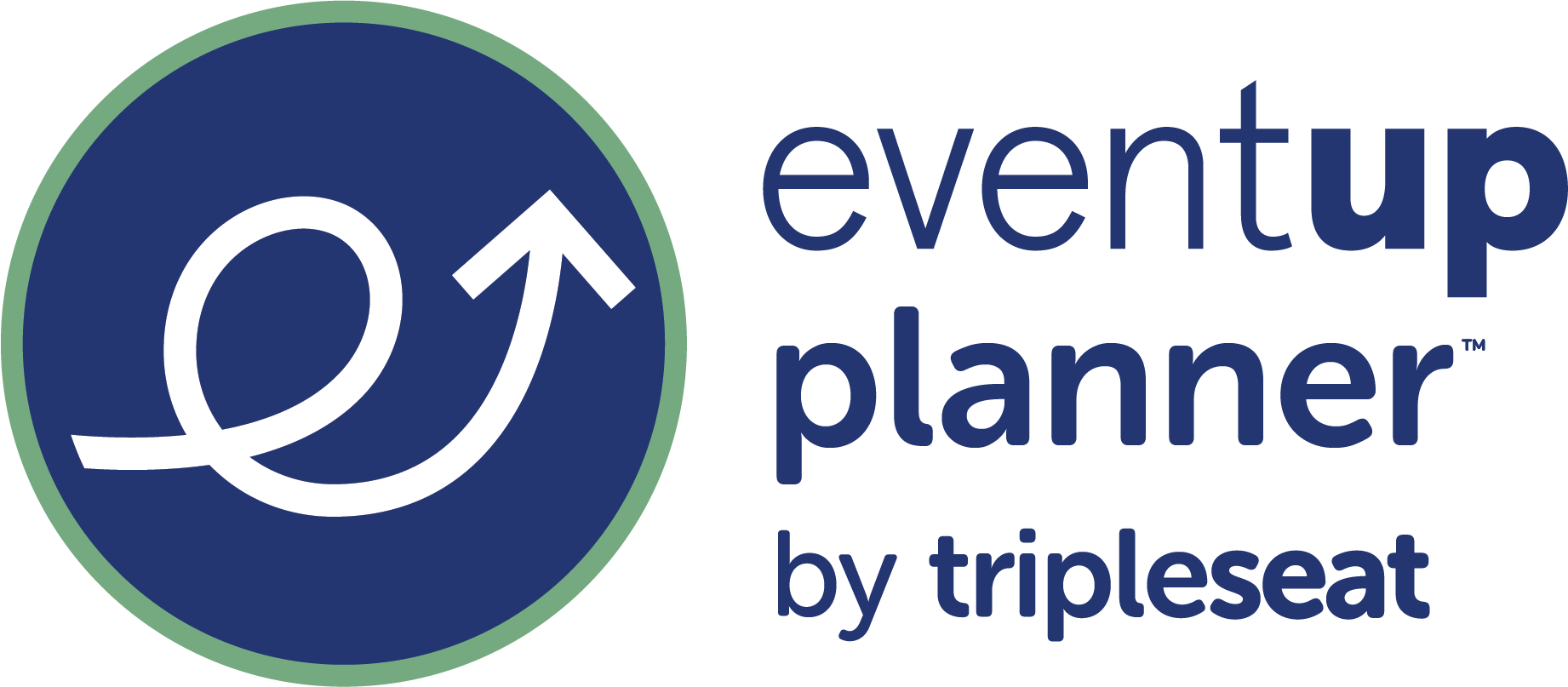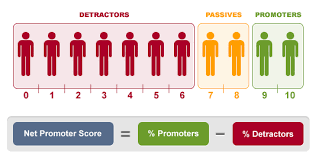Corporate event planners tasked with managing robust, multi-event portfolios have to take a different approach to event management than those with only a few events to plan. To avoid gaps and overlaps in meeting corporate objectives and optimize every single event on the schedule, planners have to view the event landscape holistically, taking a number of steps to maximize outcomes and return on investment.
Clearly define objectives for each event. The days of “a good time was had by all” being a good metric for meeting success are long over. Today, corporate meeting planners have to be very specific about the metrics they use to measure success, such as leads, cost per lead, pipeline acceleration or overall event ROI. Setting objectives, defining metrics, and reviewing outcomes will help you make better decisions about events, audiences, and programs in the future.
Plan event types strategically based on your target markets and buyers. While it’s always a good idea to think creatively about the types of events you plan, there are a handful of commonly understood formats designed to appeal to specific audiences. By analyzing your target buyers and applying the event types that will be most effective for them—a meetup vs. an educational summit—you can reach more, better prospects and diversify your event portfolio.
Map event content to your audience personas. If one of your event objectives (and it should be) is to motivate your attendees to take a specific action—buy a product, sign up for a newsletter, become a beta user—then design content and messaging to resonate with each attendee persona during the phase of the buying cycle in which they find themselves (awareness, consideration, decision) when they attend your event.
Create a workflow to capture attendee data across your technology stack. Different technologies capture different types of data. For example, a registration platform is best when it collects contact, demographic, and proposed preference (presentation selections, for example) data. But, a mobile app can capture evaluations, actual attendance (vs. intent to attend), and content downloads. By developing a plan to capture specific data points from different technologies, you can form a more complete picture of your customers.
{{cta(‘c810a711-8891-4f82-a088-29028e0006aa’,’justifycenter’)}}
Use registration forms to hone in on persona and buying cycle data. Registration software may be the most straightforward opportunity—you ask a question, the registrant answers it—now you have the opportunity to categorize attendees. Be strategic and succinct when asking for event registration data and make sure the answers lead you to the best understanding of who the attendee is and where they are in the marketing and sales funnel.
Develop an integrated event technology stack. No platform can perform every task required of an event marketer. But, an event management platform with most of the features and functionality a marketer needs plus the agility and hooks (standard APIs) to integrate with other best-of breed applications is a reasonable solution.
Focus on creating a repeatable event management process. Every event is different until it’s not. In other words, content, sponsors, and attendees will likely differ as you plan events in different regions or for different prospect groups, but the event architecture and workflows will stay constant. To reduce the amount of work required and maintain brand consistency across multiple events, it makes sense to create repeatable processes and templates when possible.
Build brand and experience consistency around your events. One way to build the value of your brand and the impact of your events is to attach meaning to them. What your events should mean to attendees is, “if I attend, I will leave with information and contacts that will help me do my job better and/or make my company more competitive.” That meaning can and should be conveyed through a consistent look and experience across the entire portfolio.
Measure which event types and topics resonate with your audience. Every event should involve a little bit of experimentation—throwing out topics, programming, and activities, the results of which can yield deeper insights on participants. No matter what you plan, make sure that you bake in measurement. Decide from the beginning what to measure and how to measure it so you can take those results to the next event.
Track event ROI and lead scores across your event portfolio. The question on every CMO’s mind is, “what was the conversion of the leads did we get from that event and what did it cost?” To answer that question, adopt processes, objectives, and technology that collects and scores lead data throughout the entire event life cycle starting from registration and ending with a healthy deposit of qualified leads into your company’s CRM.
Managing a multi-event portfolio requires a professional approach, skill, and technology tools designed to interpret corporate strategy, automate workflows, and generate data and results across the entire event-marketing program. If you’ve discovered how to get visibility for your corporate event marketing initiatives and made a decision to plan as many events as your budget will allow, go the last mile and lock down the strategy and the platform that makes it all possible.
Contact us to learn more about how Attendease can help you achieve your event objectives.











